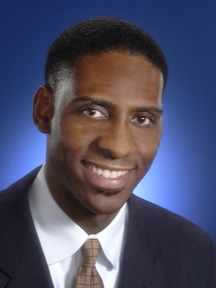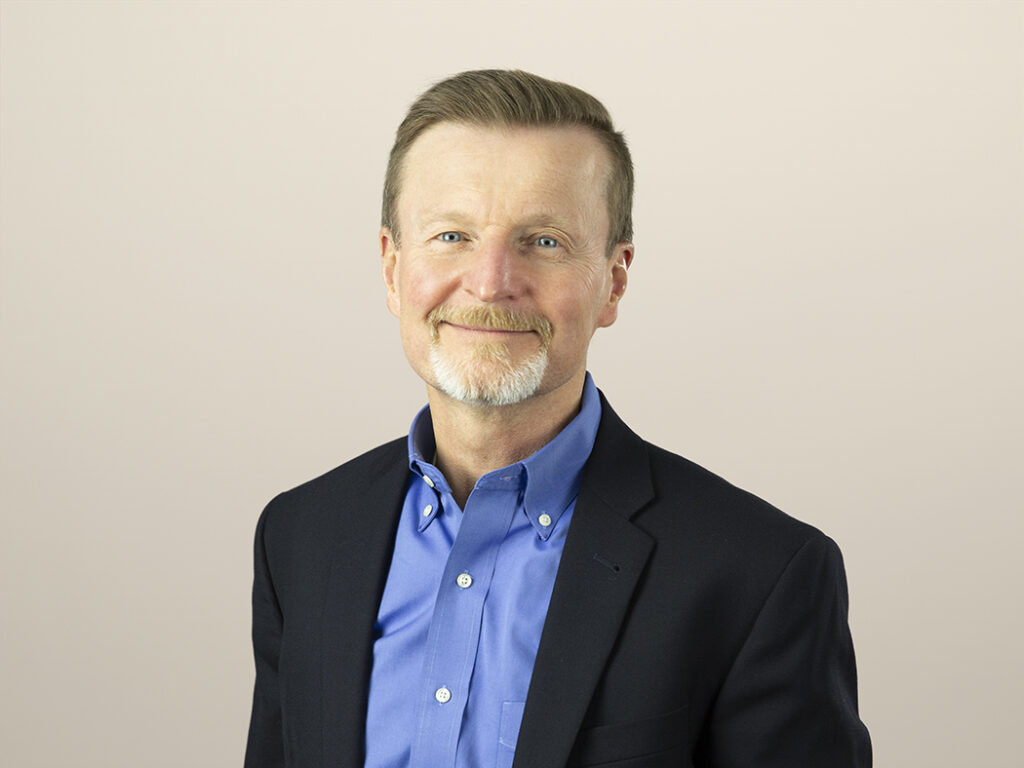Q&A With Tony Ezell, Vice President, Chief Customer Officer, Eli Lilly And Company
Interest in customer experience at pharmaceutical companies has shot up in the past few years. This came home to me more than a year ago at our 2012 Forum For Customer Experience Professionals East, where every meeting I took was with one or more decision-makers at pharma companies.
That’s one reason why I’m so excited that Tony Ezell, the chief customer officer at Eli Lilly, will be speaking at Forrester’s Forum For Customer Experience Professionals West in Los Angeles on October 9th and 10th (he’ll be on the first day, right after the opening Forrester keynote by Megan Burns).
But there’s another reason why I’m looking forward to Tony’s speech. In talking to him during the run-up to our event, I’ve gotten a good look at what he’s doing and why it matters to so many people. Because let’s face it: The prescription drugs we take go right to the most important experience in most of our lives — our health.
Why does customer experience matter to a life-sciences company like Lilly, and what is it doing to make it better? We recently put some of these questions to Tony, and you can read his answers below. I hope you enjoy them and that I get to see you in Los Angeles where we can all hear Tony in person.

Q. When did your company first begin focusing on customer experience? Why?
A. Lilly’s focus on customer experience actually can be traced back to the company’s beginning in 1876 when Colonel Eli Lilly went against the trend of the time and focused on developing products of the highest quality to provide the best experience for his customers.
So while that foundation has stayed with us through the years, we most recently began to reinvigorate that focus over the past five years through dedicated efforts to focus on our business through the eyes of our customers.
Q. What were the first steps your firm took to improve customer experience? Why did you choose to start that way?
A. One of the first steps we took was to begin to ground everything on customer insights. We began to move from a product-centric view to one based on the unmet needs, tensions, and frustrations faced by our customers. From there, we have focused on understanding how our customers want to be engaged as we consider the solutions we develop. These are our customer experience building blocks.
We have chosen this approach because at the end of the day, to be successful, we must create customer loyalty. And loyalty can only be achieved when we not only meet but also exceed the expectations our customers have of us.
Q. What if anything is different about what you're doing now to improve customer experience versus what you did when you were starting out?
A. We are on a journey and things are changing over time. But as I mentioned earlier, we have changed how we view the world in that customer insights are driving our focus. We are listening more and challenging ourselves to always think about how our day-to-day work impacts the experiences and outcomes of the people we serve.
Q. If you had it to do over again, what would you do the same? Differently? Why?
A. First, I would have pushed harder to gain alignment across the executive level while at the same time getting the ball rolling at the first-line employee level. This would have allowed us to lead through the more challenging aspects of cultural transformation more smoothly. Given the focus and time it takes to build and bring the customer to the front of all that we do, it would have made things much easier.
Q. What advice would you give to a company trying to plan their own path to CX maturity?
A. Improving and focusing on customer experience involves a mindset and cultural shift for many companies — this takes time. You must find a way to weave that thinking into the fabric of all that you do as a company. Senior leadership must be all-in, and every employee should be invested in the mission in order for it to work. And it helps to have a dedicated customer experience organization available to develop an enterprisewide plan and to be accountable for executing the plan.
